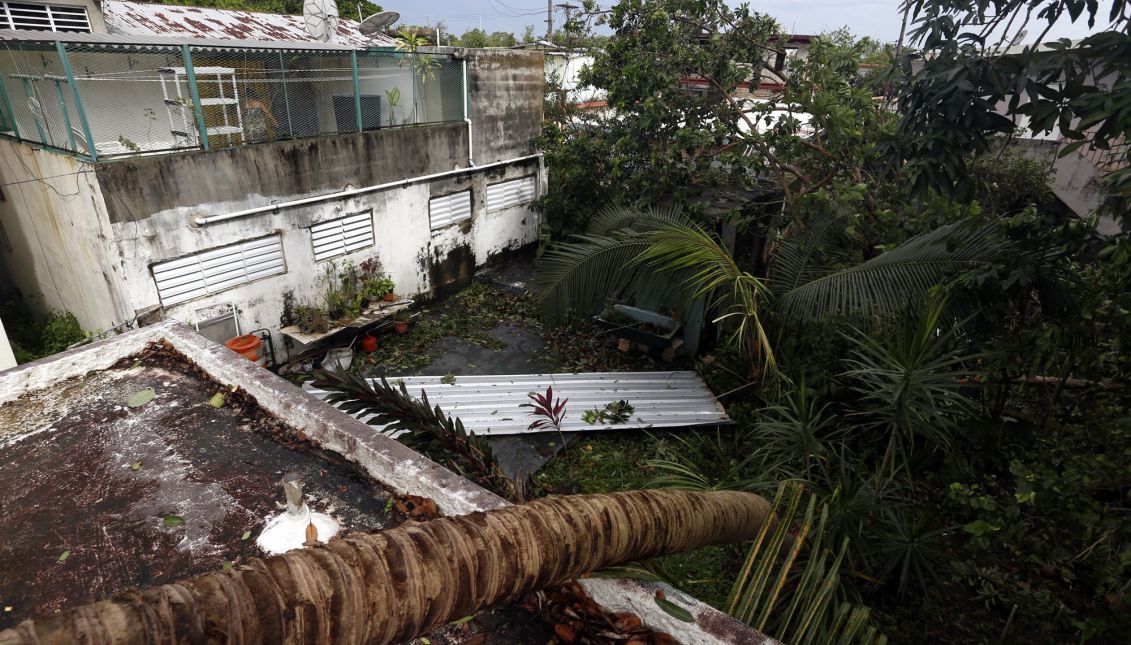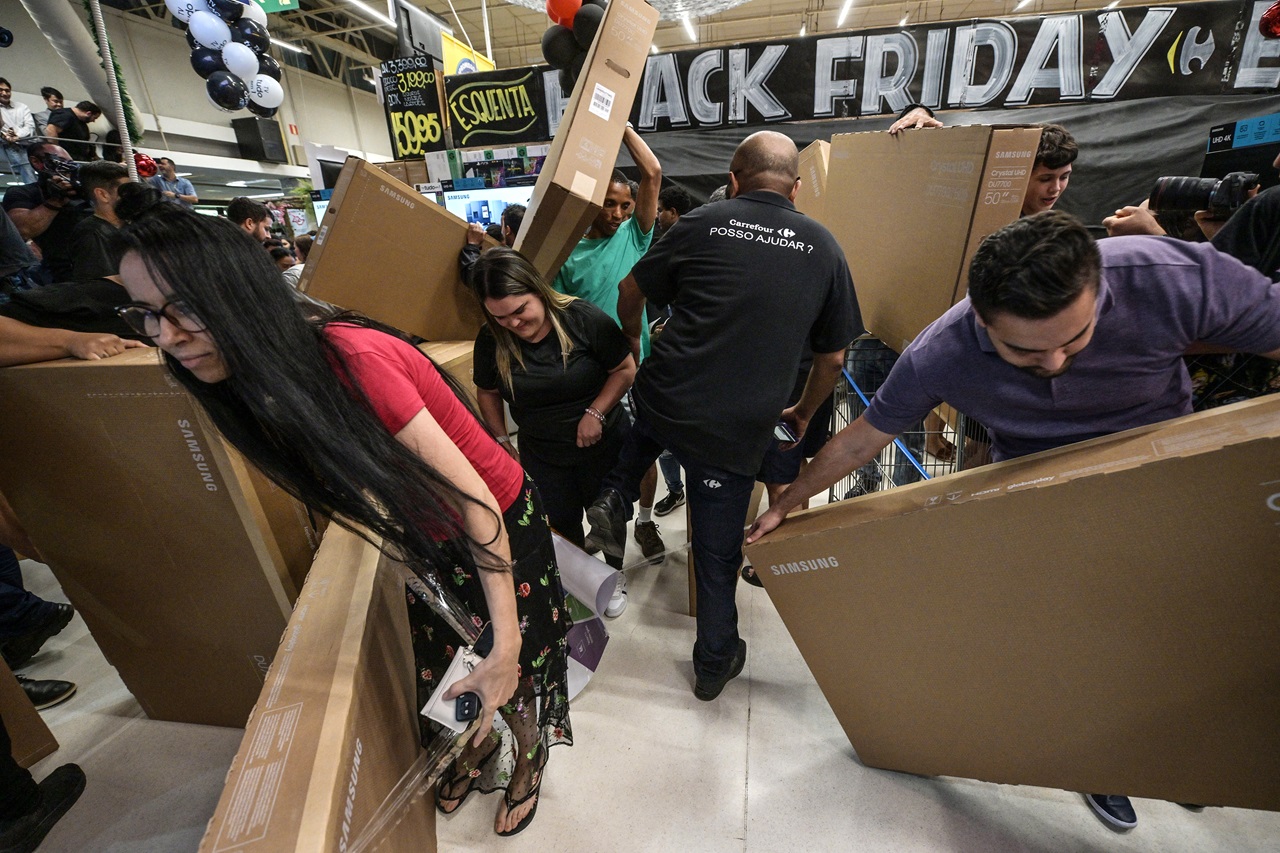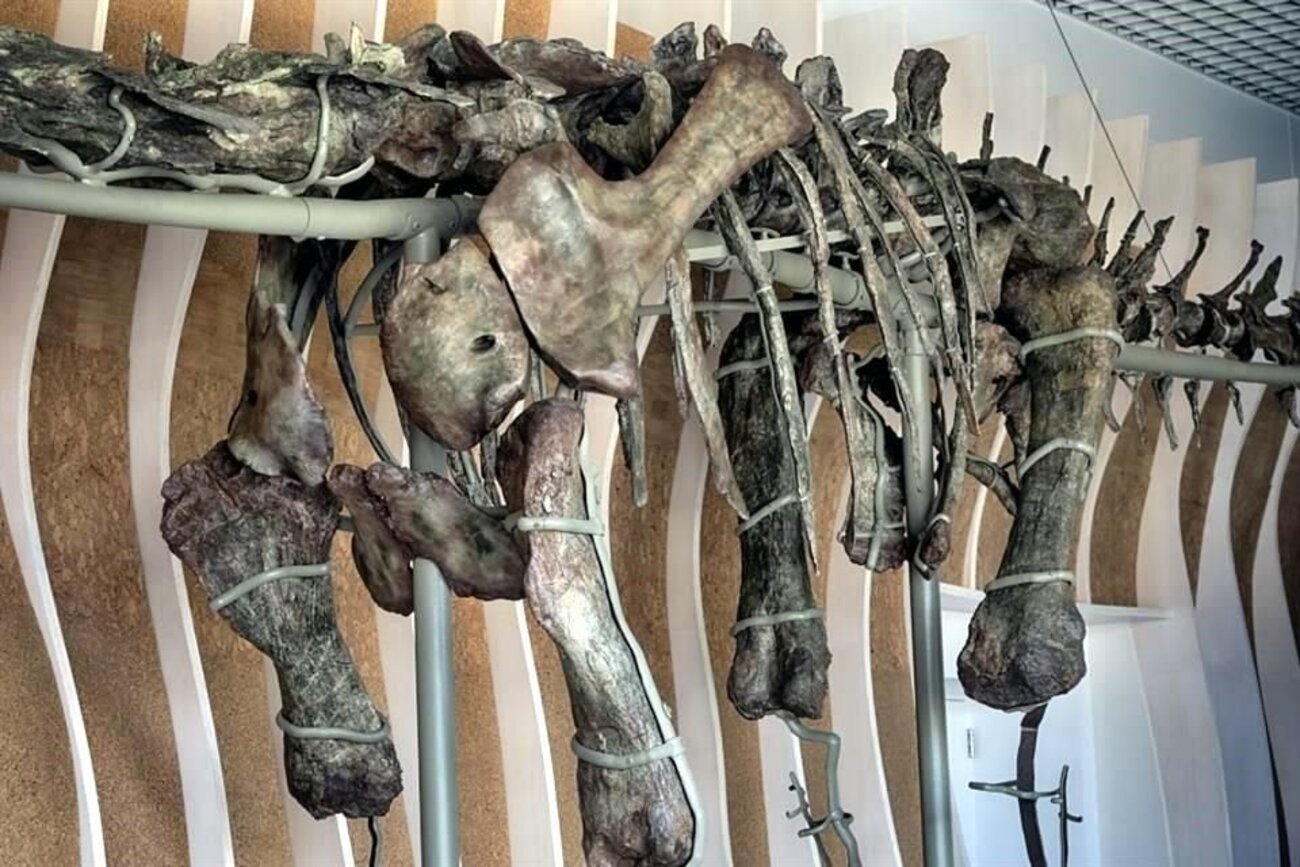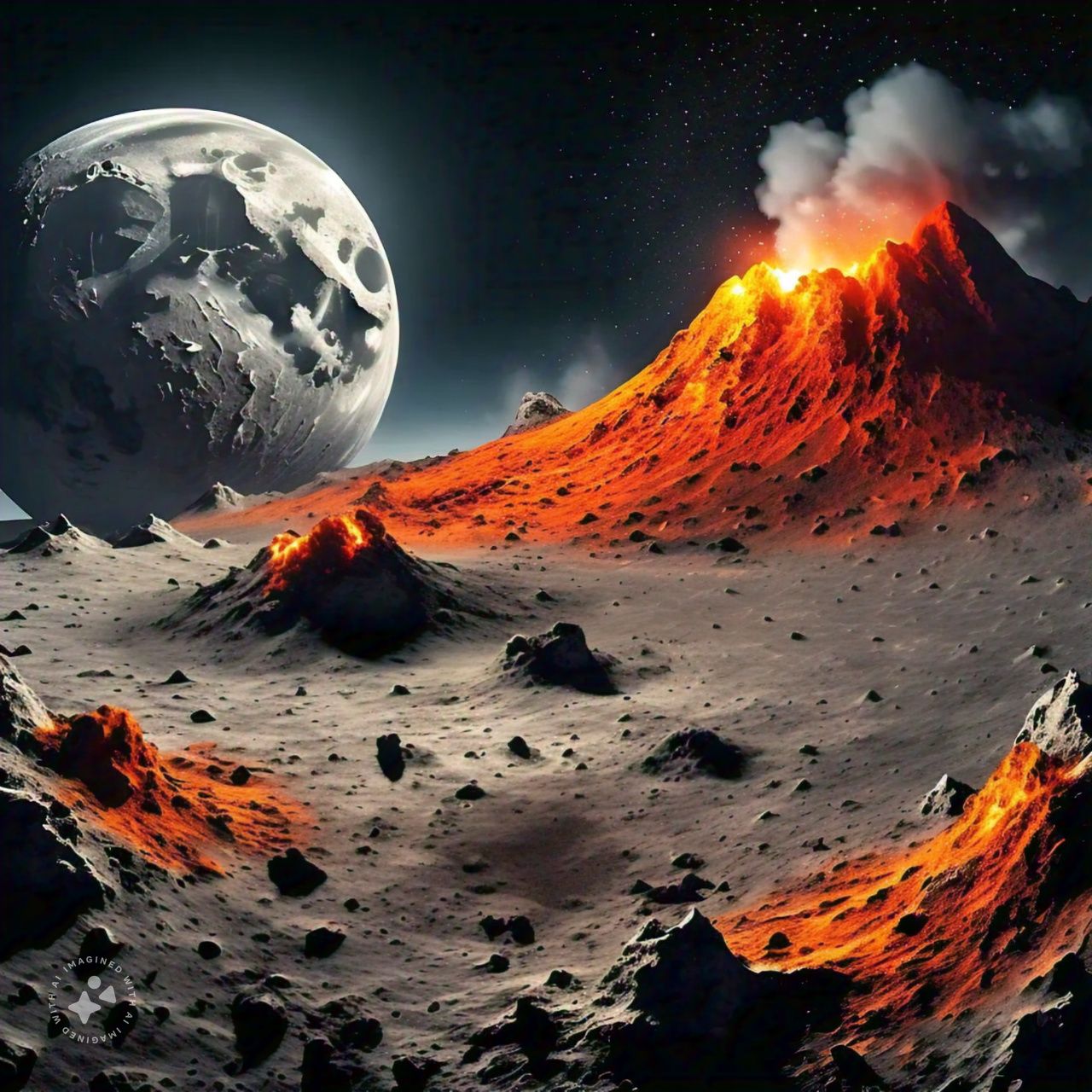
Puerto Rico governor to ask US to declare small islands disaster zones
Hurricane Irma, one of the most powerful storms ever recorded, has left a path of devastation through the Caribbean before turning north towards Florida.
The island of St. Martin, which is part French and part Dutch, was said to be 95 percent destroyed.
In Puerto Rico, Gov. Ricardo Rossello announced Thursday that he will ask the US government to declare the small islands of Vieques and Culebra "disaster zones" after the passage of Hurricane Irma.
At a press conference, the governor said that the request is being made by the island-municipalities, which are located off Puerto Rico's eastern coast, so that they may receive all available aid for reconstruction of the damage caused by the powerful storm.
Culebra is practically without electricity and on Thursday several officials were there to evaluate the situation to be able to present a list of its needs to the appropriate authorities.
CONTENIDO RELACIONADO
Rossello said that he was not ruling out declaring other municipalities disaster zones once he speaks with their mayors and better understands their needs.
The governor also revealed that over the coming three days prepared food will be exempt from the sale and usage tax to give families easier and less costly access to food.
Hurricane Irma - the most powerful hurricane ever recorded in the Atlantic - passed northwest of the island on Wednesday, killing three people there and causing significant damage to roads and the electric power grid which has put about 1 million people in the dark.
In Florida, state governor Rick Scott has called for evacuation. “Every Florida family must prepare to evacuate,” said Rick Scott, the state’s governor. There are already shortages of gas, water and sandbags, as reported in The New York Times.
Meanwhile, some 350,000 Puerto Ricans are without potable water and half the telecommunications towers in the country are not functioning.
“Hurricane Irma, following so closely after Tropical Storm Harvey and other extreme weather emergencies, has prompted questions about the role of climate change." said to The Independent Dann Mitchell, NERC Research Fellow at the University of Bristol’s Cabot Institute, as reported previously in AL DIA. "The question of whether climate change 'caused' any particular weather event is the wrong one; instead, we must probe how climate change alters extreme weather. Aside from the warming atmosphere, rising sea level and surface ocean warming have likely contributed to the impact of both Irma and Harvey."










DEJE UN COMENTARIO:
¡Únete a la discusión! Deja un comentario.